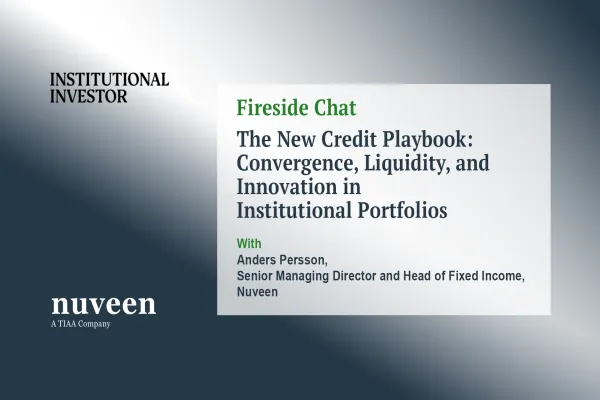Hedge fund managers are feeling... great.
The vast majority of managers surveyed in a new report by global consulting firm KPMG and the Alternative Investment Management Association feel they have adapted well to the post-Covid-19 world and are confident they can perform and grow their businesses — so much so that nearly 60 percent of firms have either hired new talent or have started looking to hire new talent since the pandemic began.
"March was a difficult month, but the drawdown has been managed very well by most hedge funds,” said Tom Kehoe, global head of research and communications for AIMA, in an interview. (Data tracker Hedge Fund Research reported that the average hedge fund has gained 15 percent over the past five months.) “They were very quickly able to come out of that drawdown and look to see if they can hire, where some other industries might have been challenged during this time.”
[II Deep Dive: Pandemic Makes Investors Like Hedge Funds Again]
Managers based in North America, and those with more than $1 billion in assets, are most likely to have hired new people since the start of the pandemic. Firms have tended to fill roles in “front office revenue-generating positions that can make a real difference to the business,” according to a fund manager cited in the report.
“Talented portfolio managers and research analysts are always tough to find,” said John Budzyna, managing director of KPMG’s alternative investments practice in the U.S., in an interview. “If you’re working at another asset management firm where things are insecure, you may be more willing to jump to more established, more mature hedge funds than you would in a different environment.”
What’s more, Budzyna expects to see more investment professionals starting their own funds, particularly credit and long-short equity funds focused on health care — which could also spark more hiring and movement of well-connected investor relations professionals, who have also been in demand in recent months.
Kehoe said that when they began their research, the survey’s authors had expected IR roles to be more vulnerable. The opposite has proved to be the case. IR and business development professionals have adapted to using video technology to continue their work, which has leveled the playing field among small and large managers, he said.
Budzyna added that IR professionals with established investor relationships were able to retain — and, in many cases, add to — the capital invested by existing clients. “Those people became much more valuable in this environment,” he said.
As for the massive disruption in day-to-day working life, many firms said their employees have adapted well to working from home, with 61 percent seeing the increased flexibility afforded by such arrangements as a positive.
“Working from home has proven to be far more effective than we originally expected, particularly for the portfolio management side of our business,” an Australia-based asset manager noted in the report. “Staff have been very happy with the flexibility WFH brings and are enjoying a much better work/ life balance.”
But the new arrangements also sparked concerns. Fifty-five percent of managers surveyed said that diminished team building and dilution of culture were their biggest concerns about work-from-home arrangements.
“The value of culture, collaboration, and face-to-face interaction cannot be underestimated,” said one large fund manager in the report. “Not just for the overall success of the organization, but also for the well-being and mental health of employees.”
In any case, many of the managers surveyed sounded an optimistic note about their ability to withstand the current crisis and position themselves for future opportunities.
“The vast majority of the managers KPMG interviewed for this report were highly optimistic about their ability to retain performance and growth in this environment,” said Budzyna in the report. “They recognize the risks ahead. But they also view this pandemic as an opportunity to reinvent their business and operating models.”
The report, entitled “Agile and Resilient: Alternative Investments Embrace the New Reality,” represents the views of 144 global hedge fund managers controlling an estimated $840 billion in assets.






